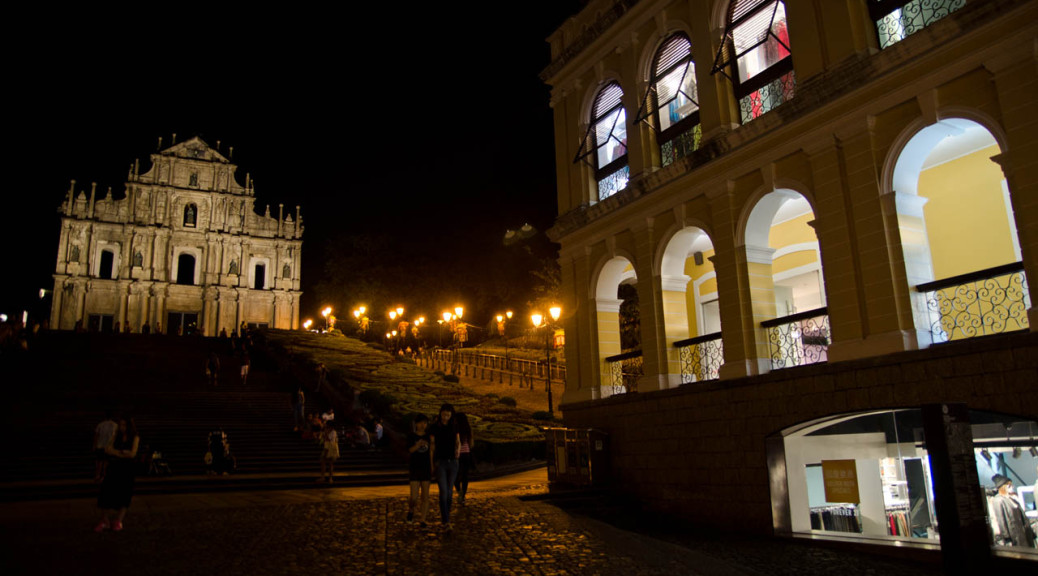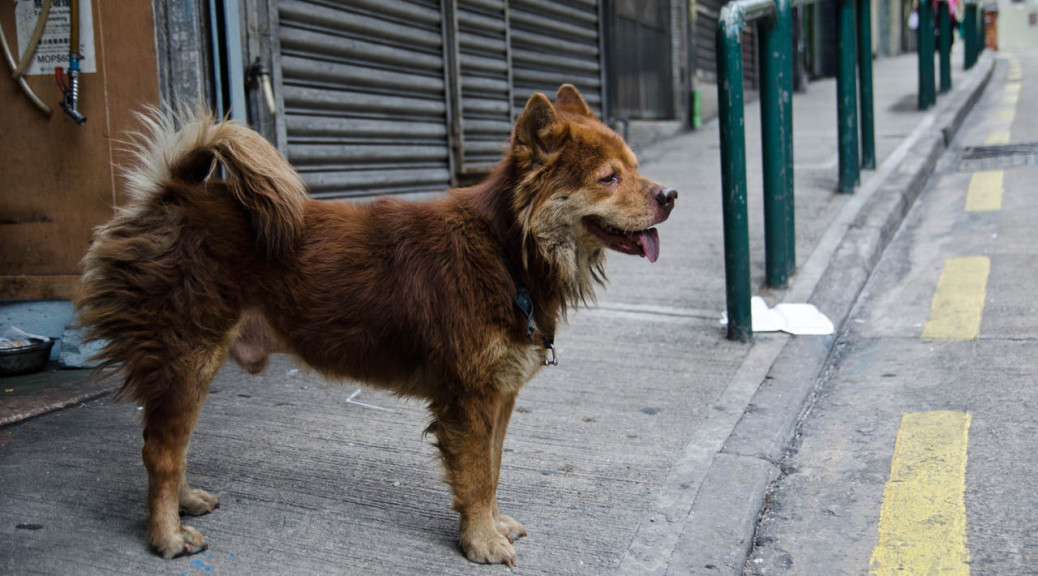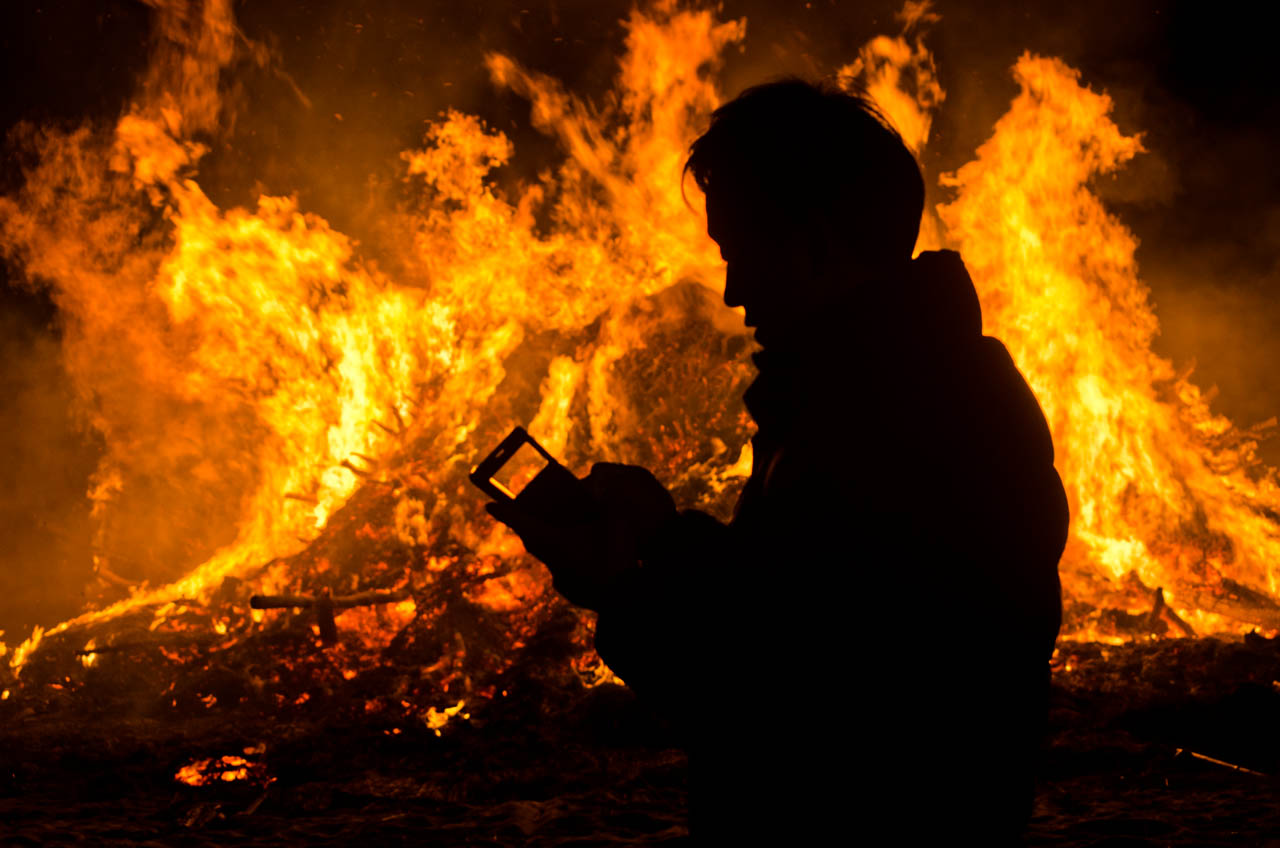 Man looking at his phone near a burning daljib in Haeundae Beach, Busan, South Korea. February, 2016.
Man looking at his phone near a burning daljib in Haeundae Beach, Busan, South Korea. February, 2016.
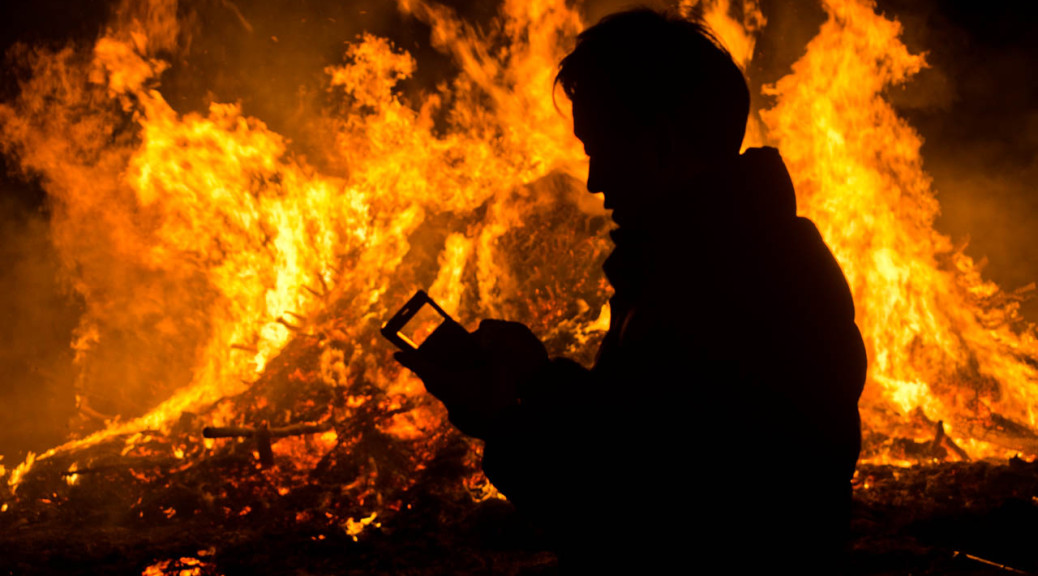

 Man looking at his phone near a burning daljib in Haeundae Beach, Busan, South Korea. February, 2016.
Man looking at his phone near a burning daljib in Haeundae Beach, Busan, South Korea. February, 2016.
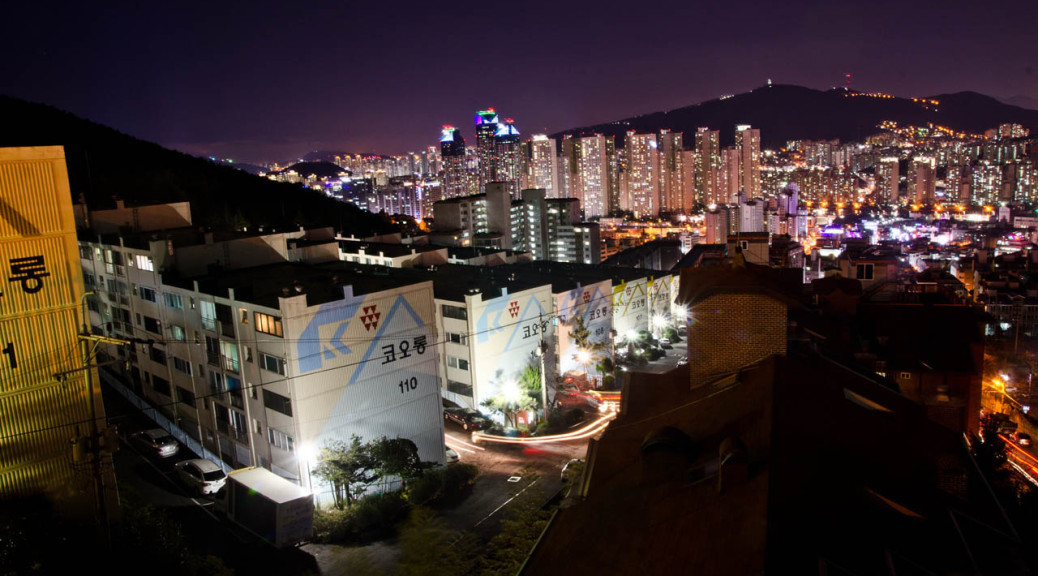
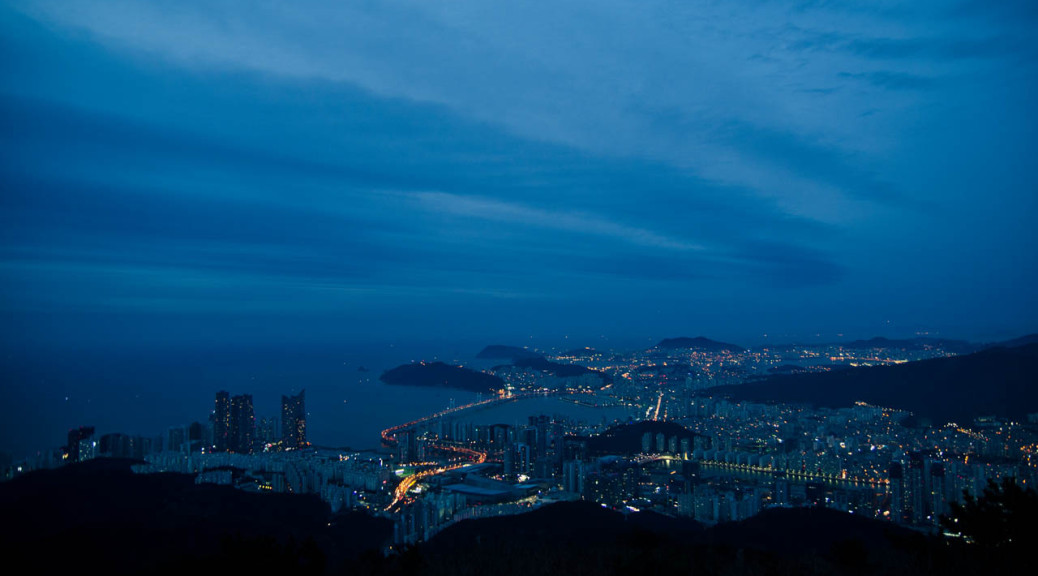
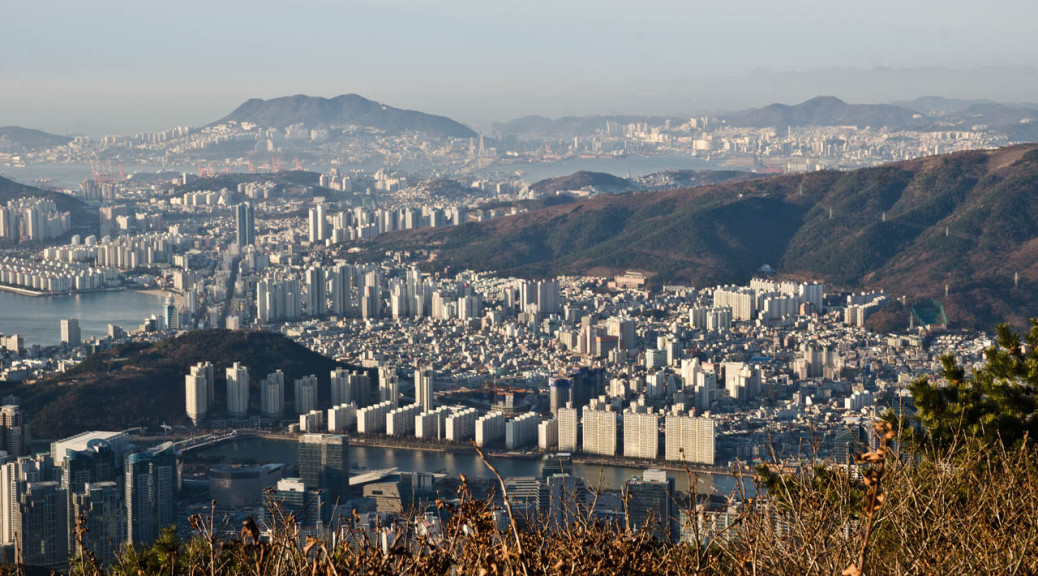
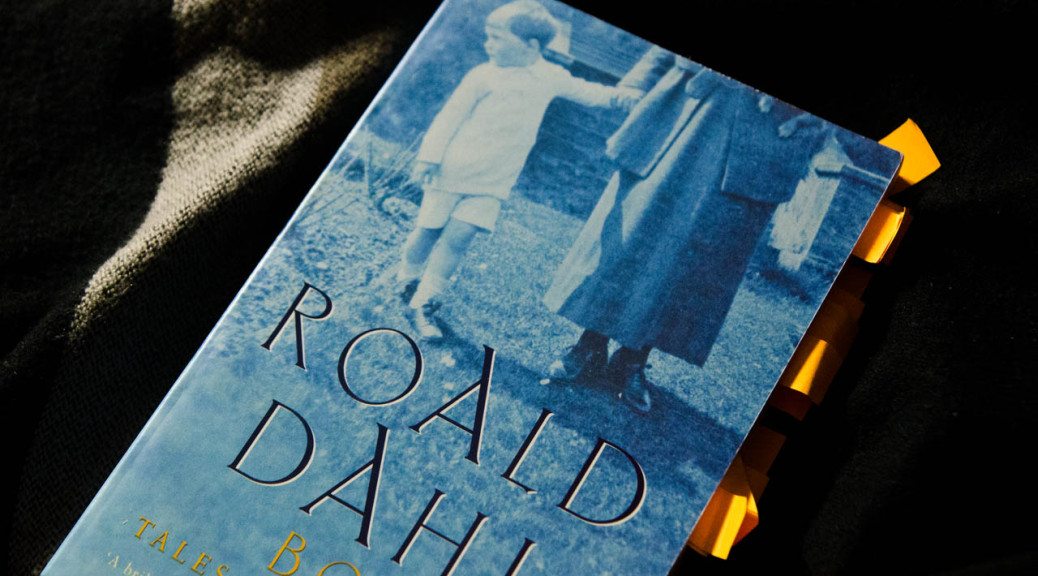
On his dad “He was a tremendous diary-writer. I still have one of his many notebooks from the Great War of 1914-18. Every single day during those five war years he would write several pages of comment and observation about the events of the time.” p. 18
“His theory was that if the eye of a pregnant woman was constantly observing the beauty of nature, this beauty would somehow become transmitted to the mind of the unborn bay within her womb and that baby would grow up to be a lover of beautiful things.” p. 19
“I can remember very clearly the journeys I made to and from the school because they were so tremendously exciting.” p. 23
“‘But how do they turn the rats into liquorice?’ the young Thwaites had asked his father.
‘They wait until they’ve got ten thousand rats,’ the father had answered, ‘then they dump them all into a hude shiny steel cauldron and boil them up for several hours.'” p. 30
“‘There is no cure for ratitis. I ought to know. I’m a doctor.'” p. 31
“Whether or not the wily Mr Coombes had chalked the cane beforehand and had thus made an aiming mark on my grey flannel shorts after the first stroke, I do not know. I am inclined to doubt it because he must have known that this was a practice much frowned upon by Headmasters in general in those days. It was not only regarded as unsporting, it was also an admission that you were not an expert at the job.” p. 50
“‘Skaal, Bestemama!’ She will then lift her own glass and hold it up high. At the same time your own eyes meet hers, and you must keep looking deep into her eyes as you sip your drink. After you have both done this, you raise your glasses high up again in a sort of silent final salute, and only then does each person look away and set down his glass.” p. 58
“There were the wooden skeletons of shipwrecked boats on those islands, and big white bones” p. 65
“In which direction from where I was lying was Llandaff?… Therefore, if I turned towards the window I would be facing home. I wriggled round in my bed and faced my home and my family.” p. 89-90
“‘Life is tough, and the sooner you learn how to cope with it the better for you.'” p. 98
Captain Hardcastle’s mustache “The only other way he could have achieved this curling effect, we boys decided, was by prolonged upward brushing with a hard toothbrush in front of the looking-glass every morning.” p. 109
“His eyes rover the Hall endlessly, searching for mischief. The only noises to be heard were Captain Hardcastle’s little snorting grunts and the soft sound of pen-nibs moving over paper.” p. 113
“‘I have learnt one thing about England,’ my mother went on. ‘It is a country where men love to wear uniforms and eccentric clothes.'” p. 139
“But Corkers, an eccentric old bachelor, was neither dull nor colourless. Corkers was a charmer, a vast ungainly man with drooping bloodhound cheeks and filthy clothes… He would come lumbering into the classroom and sit down at his desk and glare at the class. We would wait expectantly, wondering what was coming next.” p.150
“Another time, he brought a two-foot-long grass-snake into class and insisted that every boy should handle it in order to cure us for ever, as he said, of a fear of snakes.” p. 151-152
“The life of a writer is absolute hell compared with the life of a businessman. The writer has to force himself to work. He has to make his own hours and if he doesn’t go to his desk at all there is nobody to scold him.” p. 171
“A person is a fool to become a writer. His only compensation is absolute freedom. He has no master except his own soul, and that, I am sure, is why he does it.” p. 172
Rewatched:
Midnight Cowboy (1969) John Schlesinger (Marathon Man, 1976). Screenplay by Waldo Salt (Serpico, 1973)
Midnight Cowboy (1965) by James Leo Herlihy.
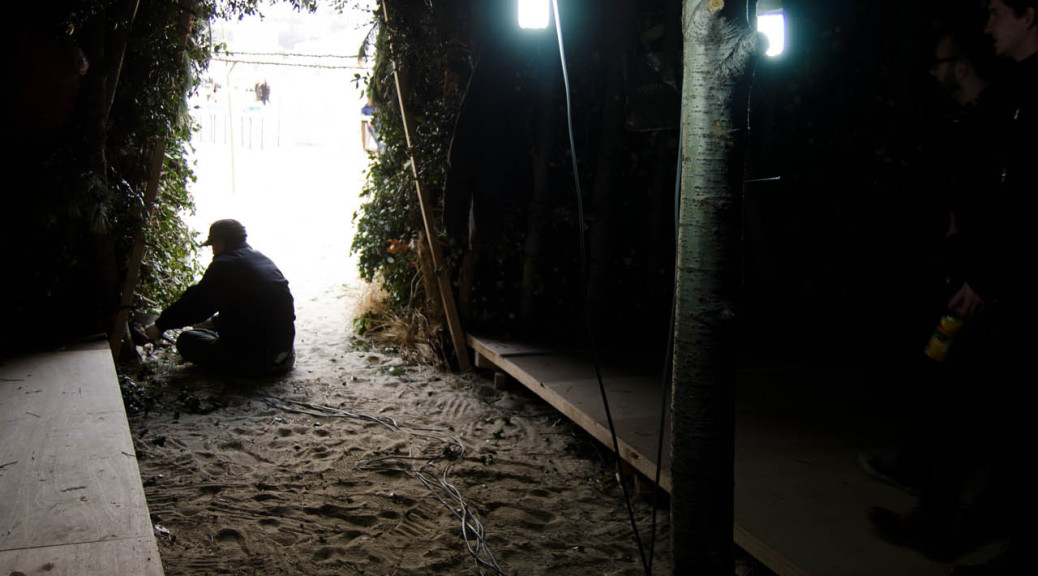
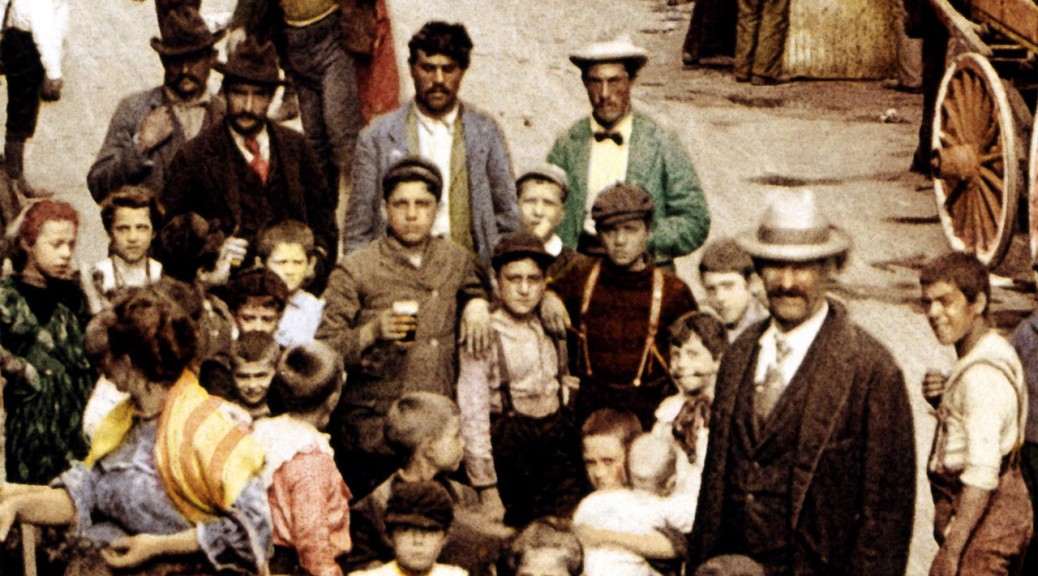
“As the hours passed, the room, already dark, seemed to diminish around us, until it resembled a screening room, or a chapel, a place where questions of how to live are posed through stories and images.”
“The Italian-American Catholicism of the area was centered on street processions devoted to saints brought over from the old country: San Gandolfo for the Sicilians on Elizabeth Street, San Gennaro for the Neapolitans on Mulberry Street.”
“Spiritual Exercises” of St. Ignatius of Loyola (founder of the Jesuits)
“The exercises, devised in the 1520s, invite the “exercitant” to use his imagination to place himself in the company of Jesus, at the foot of the cross, among tormented souls in hell.”
Jesuit poet Gerard Manley Hopkins
“A.O. Scott, now a chief film critic for The New York Times, once wrote that Scorsese approaches filmmaking as “a priestly avocation, a set of spiritual exercises embedded in technical problems.””
“Like the novel, the picture interrogates the very idea of Christian martyrdom, by proposing that there are instances when martyrdom — the believer holding fast to Christ to the bitter end — is not holy or even right. It makes in the way of art the arguments made in defense of “Last Temptation”: that an act can’t be fully understood if the intentions behind it aren’t taken into account, and that a seeming act of profanation can be an act of devotion if done out of an underlying faith.”
“He will go to hell — but he will go to hell for their sake.”
bitacora. dic. 1
I wake up. Tiny claws scratching the wooden floor. A tongue lapping at the water. The dogs are ready to eat. Boil the water. Soften the food. I put Yolo in the pen. He demands to be set free. Chocolino come here. Treat time. Choco sit, down, beg, spiiiiiin, down, gidaria, eat. Repeat five times. Then his plate. Down. Gidaria. Eat. He wolfs it down.
Out the door. Elevator from the 5th floor to the first. The morning sun is bright. The city has already had a few hours to get started. I wait for 155.
The 155 is almost empty. I sit at the back on one of the single seats, and continue reading The Sound and The Fury. The 155 travels east. We cross the Suyeong at Millak. I look down at the water and try to come up something pretty. Nothing comes up. Just water moving toward more water. In India it would be spiritual. People get off at Centum. We turn north. I read. We turn at Jaesong and climb up toward Jangsan mountain. I hear the bus shift gears. People get off and on. A blue and white bus with red numbers driving up a city built on a mountain slope on a sunny morning in Korea. The market at Banyeo samdong, people with grocery bags, people reading their phones. We descend into Banyeo ildong. The view opens and a large slice of city appears framed by pine forests at each side, rows of tall monolithic white buildings beyond the basin of the Suyeong. The spine of the Geumjeongsan still green. The mountain disappears behind older and smaller houses. We enter Banyeon ildong. Narrow streets. A blue work truck parked at a tight corner. Honking. I read. We turn. The bus gathers speed. I hear the bus shift gears. We careen down the strip until the overpass. The whiny bell announces a passenger stop. An old lady with curly hair waddles to the backdoor holding the handrails as if enjoying an adventure at a moving jungle gym. I get off at the elementary school. The yellow leaves of the unheng tree strewn on the sidewalk. I think of my dad and how once as a kid I pretended to be a blind boy or an old man, using an imaginary cane to prod my way around the subsuelo hallway of the hotel. My dad frowned and asked me, ¿te haci de ciego o de viejo? I pondered the question. I looked at the corral my dad had been chatting with before he’d decided to test my morals. His friend looked back at me, grinned and waited for my response. I looked at my dad. De viejo, I said. Ah, bien, porque algun dia vai a ser viejo. I buy an ice americano at Amico for 2,500 won. The lady that made it hands it to me and bends the end of my straw so I won’t have to. I sip and exit the coffee shop.
